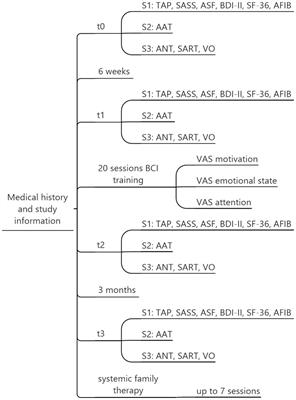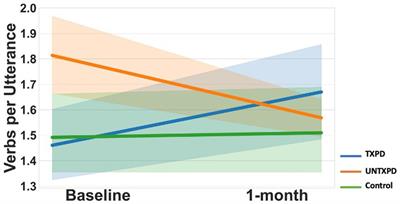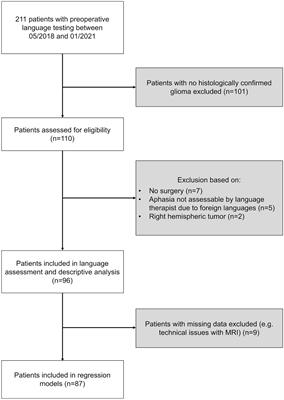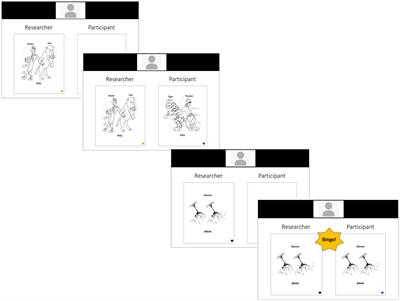EDITORIAL
Published on 14 Aug 2024
Editorial: Speech-language neurophysiology and intervention: neural markers, predictors, and correlates of treatment response
doi 10.3389/fnhum.2024.1473370
- 404 views
1,481
Total downloads
7,056
Total views and downloads
Select the journal/section where you want your idea to be submitted:
EDITORIAL
Published on 14 Aug 2024
ORIGINAL RESEARCH
Published on 30 May 2024

BRIEF RESEARCH REPORT
Published on 22 May 2024

ORIGINAL RESEARCH
Published on 02 May 2024

ORIGINAL RESEARCH
Published on 09 Nov 2023

